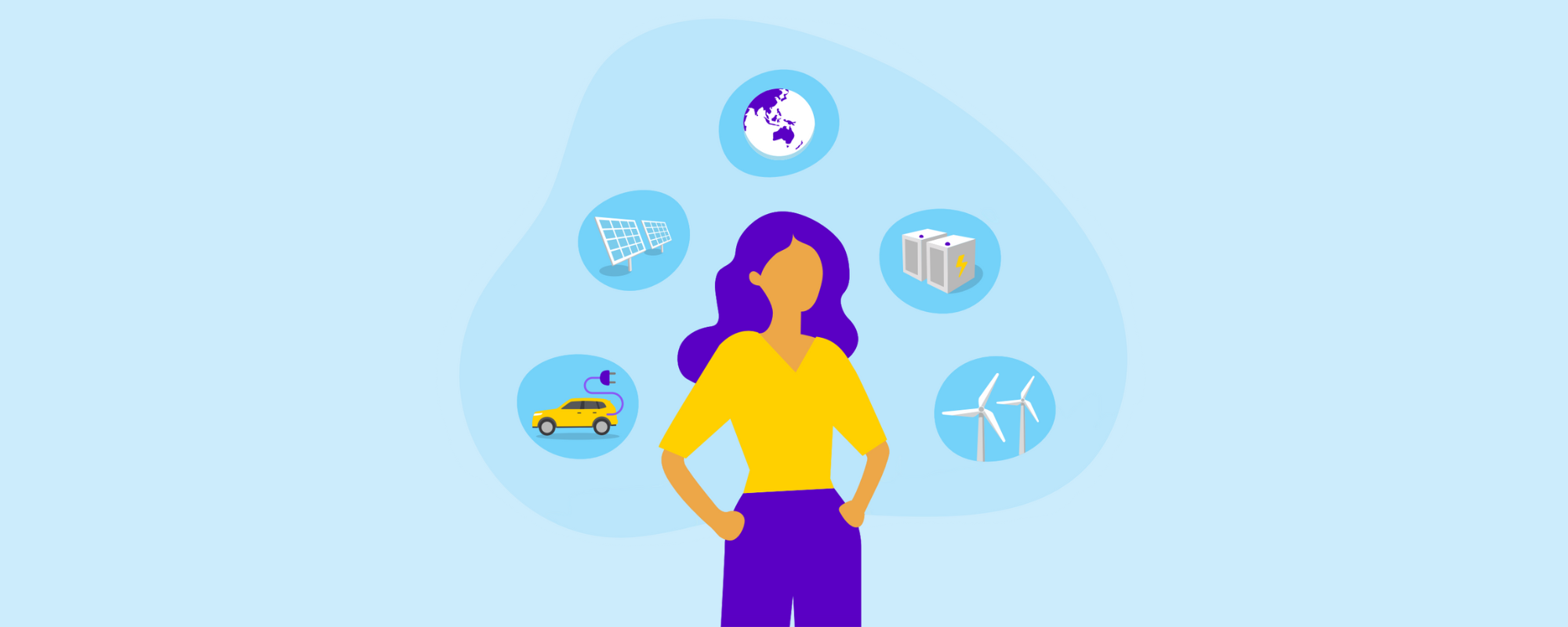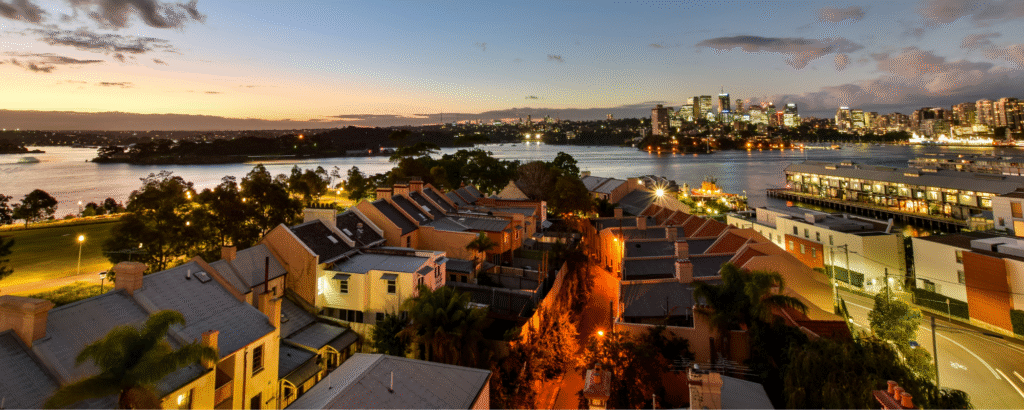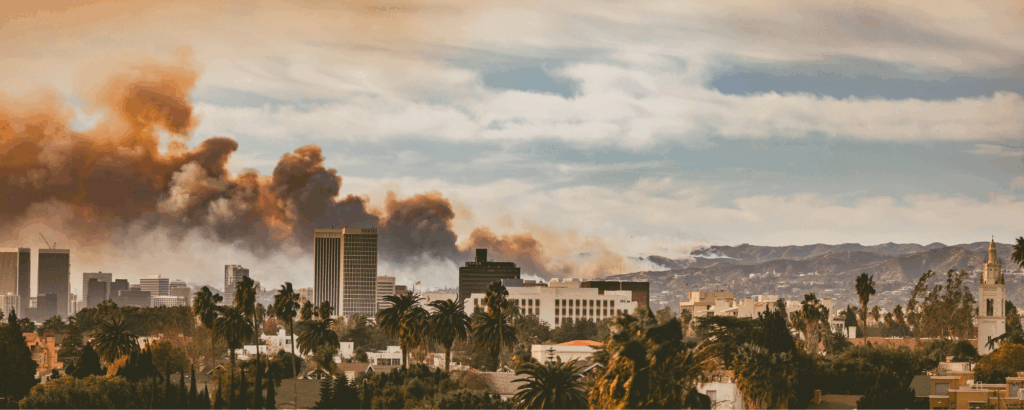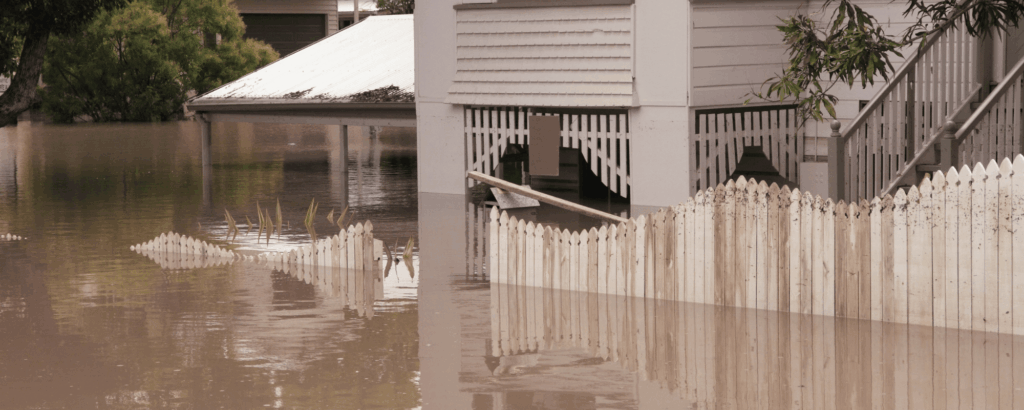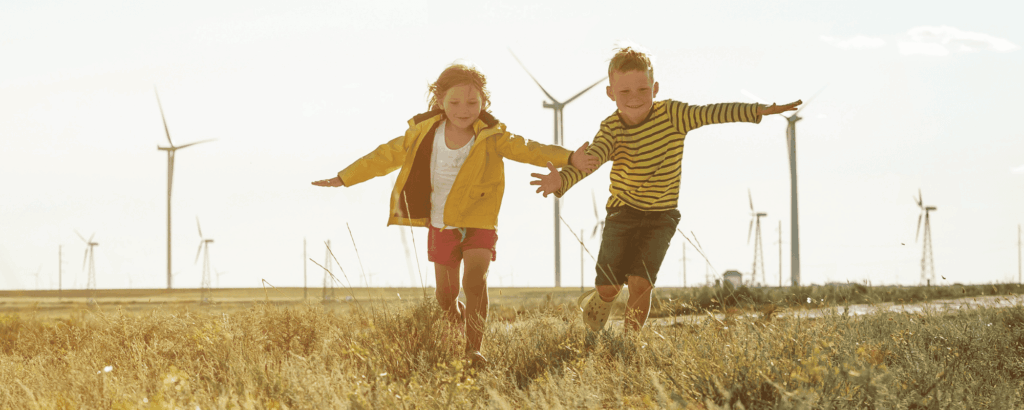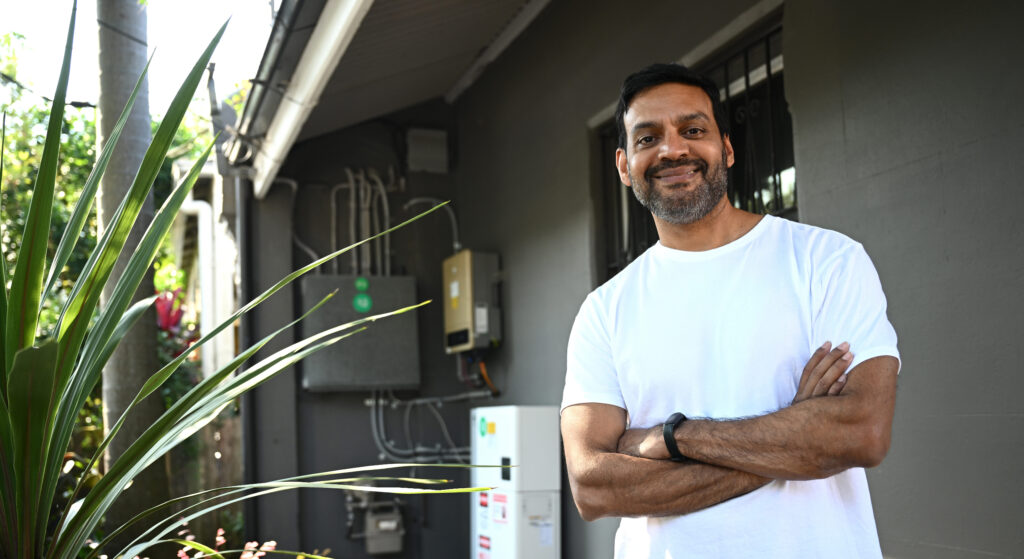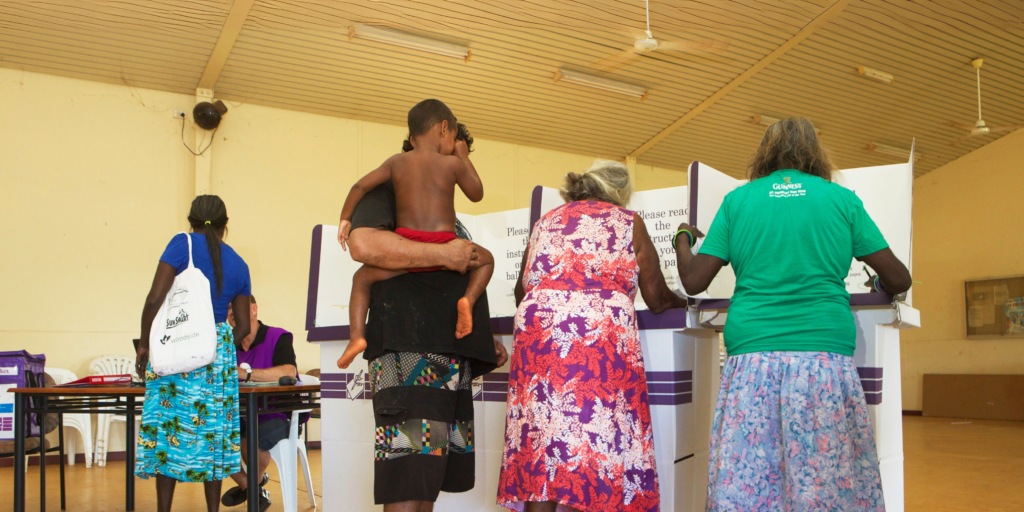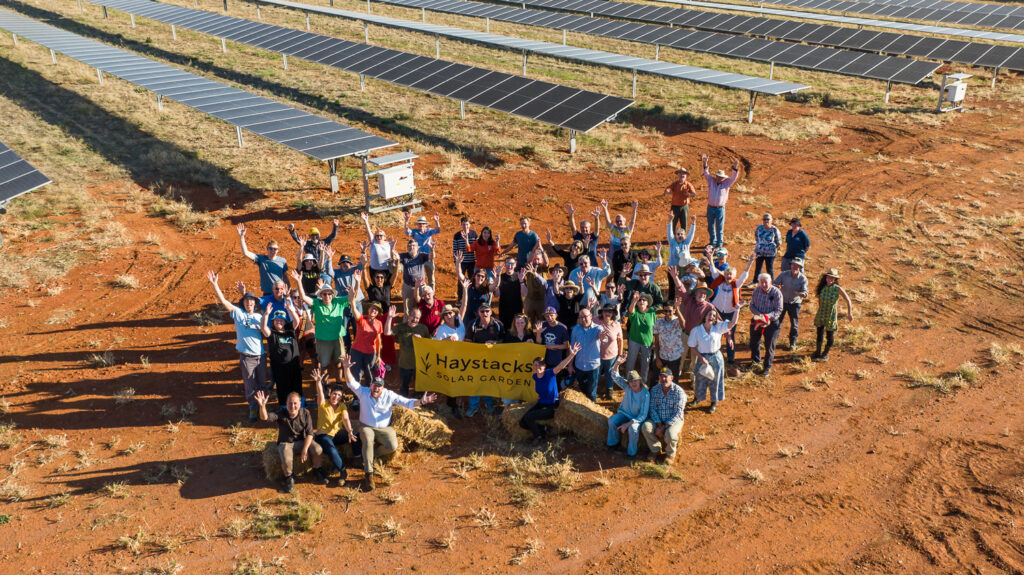Let’s face it, climate change is scary. As world-renowned naturalist Sir David Attenborough said: “If we don’t take action, the collapse of our civilisations and the extinction of much of the natural world is on the horizon.”
If you’re ever overcome by feelings of stress, sadness or frustration when thinking or hearing about the state of our world, then you’re far from alone. In fact, research shows more than three quarters of Australians are worried about climate change. Further, a global study found more than half of young people are feeling sad, anxious, angry, powerless, helpless, and guilty about climate change. We’re right to be worried.
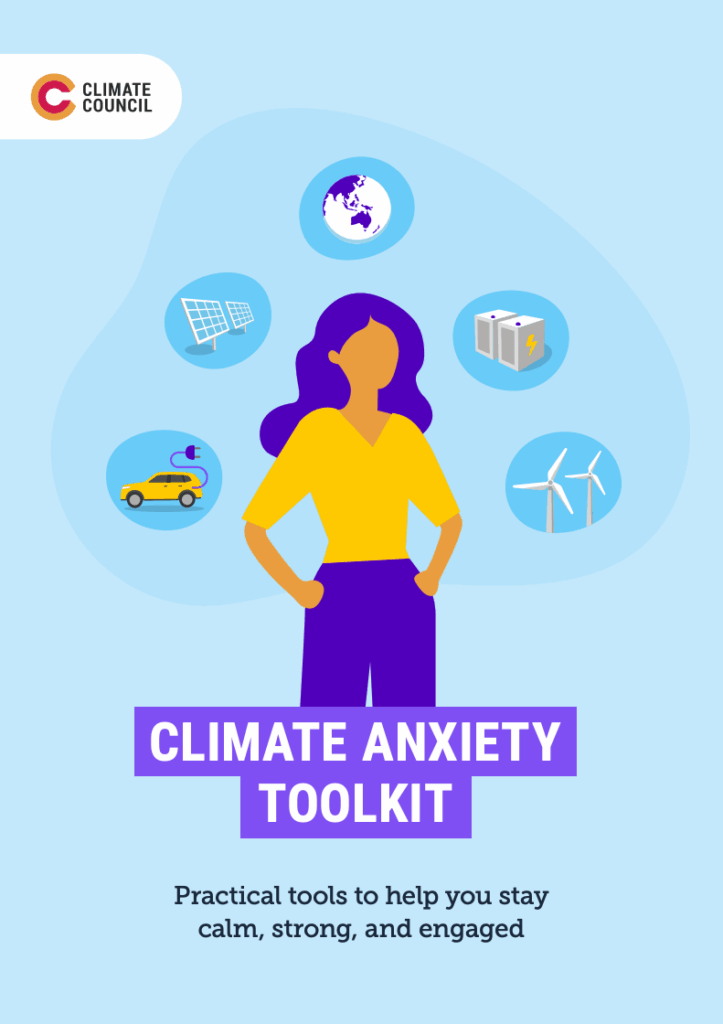
Experts stress that climate anxiety—sometimes called eco-anxiety or climate distress—is not a mental health condition, but a rational response to the reality we’re all facing. Like all emotions, climate anxiety can be experienced at varying levels of intensity, from mild concern to extreme distress. For some, these feelings can significantly impact their daily lives and mental well-being.
Staff, Councillors and Fellows at the Climate Council regularly experience these feelings working on
climate day in and day out. As experts we often get asked: Where do you find hope? How do you go on?
“To take care of the planet, I must take care of myself.”
As Councillor Professor Lesley Hughes puts it: hope is a strategy, not a feeling. While it’s completely understandable to feel distressed about the climate crisis, how we respond to these feelings matters. If left unchecked, climate anxiety can lead to unhelpful coping strategies, like tuning out entirely from climate news, defeatism, or even climate denial – rejecting the science because it’s too overwhelming. These reactions don’t just harm our mental health—they’re a handbrake to climate action.
Active hope: the space between denial and despair.
Instead, we need ‘active hope’—a mindset that acknowledges the reality of the climate crisis but keeps us moving forward. Described variously as ‘grounded hope’, ‘authentic hope’ or ‘mature hope’ by psychologists and climate activists, active hope isn’t about blind optimism. It’s about recognising the problem, imagining a better future, and taking the steps we’re capable of taking to make it happen. Active hope gives us the foundation to adopt positive coping strategies that both improve our mental health and help cut climate pollution.
This guide gives you practical tools for grounding your life in active hope—because looking after ourselves (and each other) and taking climate action go hand in hand.

WHAT IS CLIMATE ANXIETY?
Climate anxiety is a term for feelings of worry, stress, or sadness about climate change and its impacts. It isn’t a single feeling, but rather a mix of emotions, thoughts, and actions that can show up in different ways for different people.
Signs of climate anxiety may include:
- Trouble sleeping due to climate-related thoughts
- Feeling helpless or hopeless
- Constant worry about the future of our planet
- Avoiding climate news or discussions because it’s distressing
- Feeling exhausted from engaging with climate issues
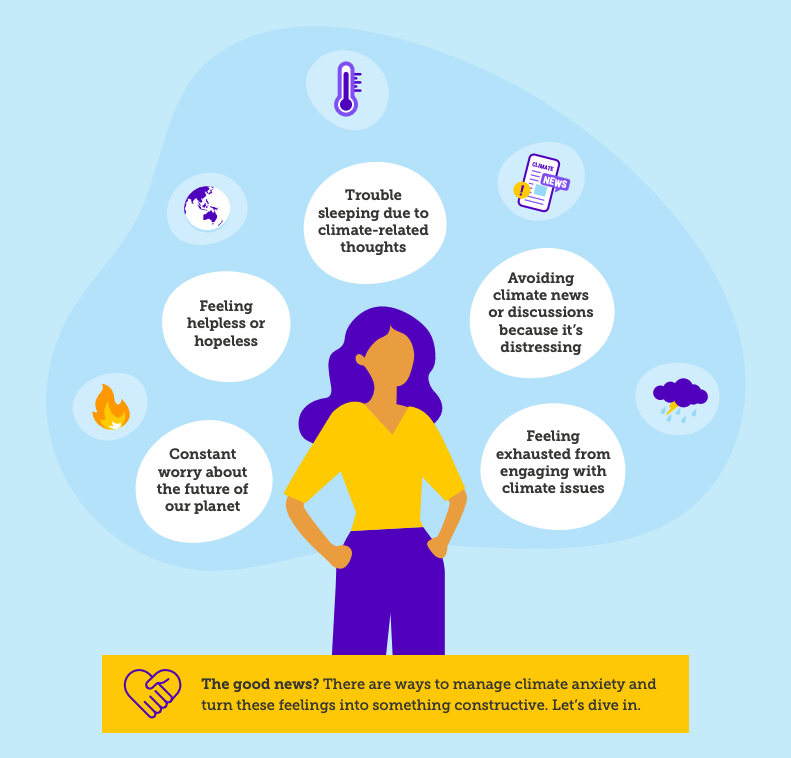
FIVE TOOLS FOR MANAGING CLIMATE ANXIETY
There are different ways we can respond to stress and anxiety, and psychologists group
them into three major coping strategies:
Problem-focused coping:
Tackling the root of the problem by taking action-like learning more, advocating for change, or making climate friendly choices.
Emotion-focused coping:
Managing the emotions that come with climate distress, such as talking to a friend, practising mindfulness, or spending time in nature.
Meaning-focused coping:
Reflect on what matters most to you—such as family, or a love of nature—to reinforce your commitment to helping solve the climate crisis.
The five practical tools below are a mix of all three strategies. They are designed to help you channel climate anxiety into action, find emotional balance, and maintain a sense of purpose.
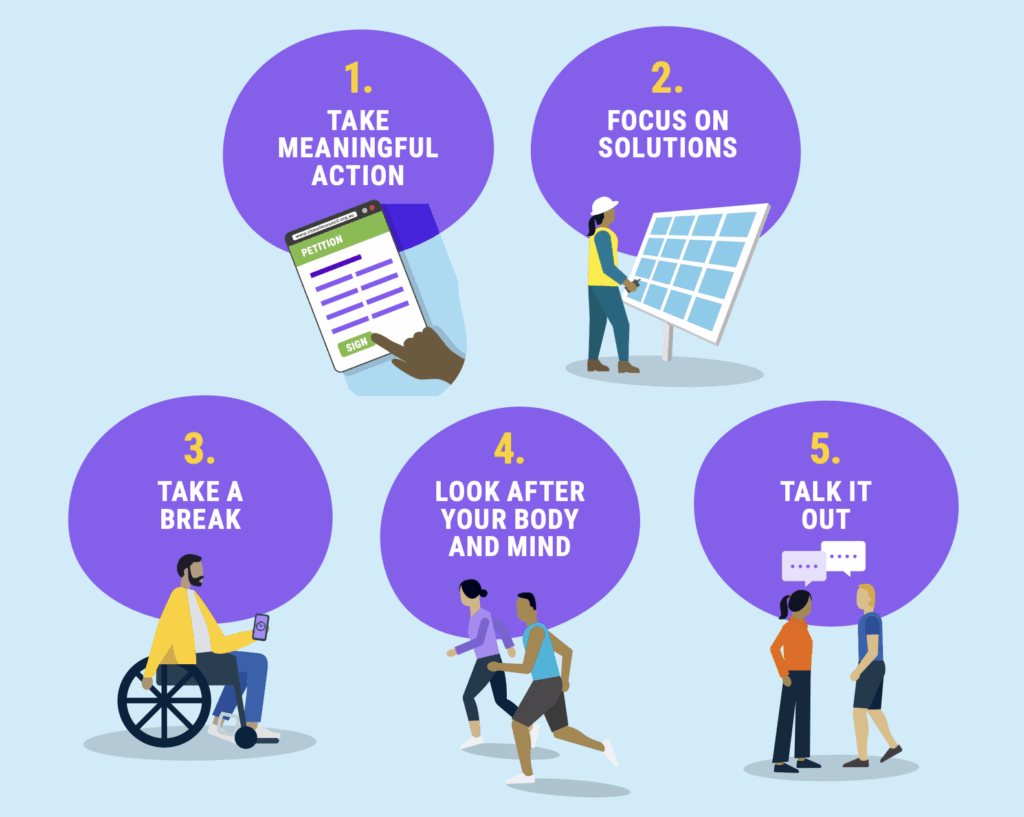
HELPING KIDS WITH CLIMATE ANXIETY
Young people are feeling the weight of climate change. As a parent or caregiver, you can help them manage their worries and stay engaged. Here are some tips to support your kids;
- Acknowledge their feelings:
Let them know it’s okay to feel worried. Avoid brushing off their concerns. - Focus on action:
Show them examples of climate progress and what people are doing to fix the problem. - Give them ways to get involved:
Encourage them to write to politicians, start or join a school climate club, or lobby their school to install solar power. - Be a role model:
Show them how taking action makes a difference and is the best way to respond to climate worry. - Limit doom-scrolling:
When seeking out news, or spending time on social media, encourage a balance between keeping up-to-date with climate news including worsening extremes and politics, and hopeful stories.
WHERE TO GET MORE HELP
Climate Anxiety Resources & Services
› Headspace: Resources and support for young people experiencing climate anxiety.
headspace.org.au
› Psychology for a Safe Climate: Provides community awareness, training and group interventions for climate emotions and distress.
psychologyforasafeclimate.org
› Australian Psychological Society (APS): Offers The Climate Change Empowerment Handbook and tip sheets on coping with climate distress.
psychology.org.au
› Beyond Blue: Information and support for managing mental health impacts of climate disasters.
beyondblue.org.au
› Phoenix Australia – Centre for Posttraumatic: Mental Health Guidance for dealing with mental health impacts of bushfires and climate-related trauma.
phoenixaustralia.org
Community Climate Support
› Local Climate Action Groups: Groups like, Macedon Ranges Sustainability Group, Yarra Climate Action Now, and other examples across the country provide a sense of community and empowerment through advocacy.
› Garden & Regeneration Groups: Landcare Australia and community garden groups help connect people with nature while making a tangible impact.
landcareaustralia.org.au
› Parent Networks: Talking with like-minded parents in groups like Parents for Climate can help process emotions and find constructive ways to raise resilient kids.
parentsforclimate.org
Professional Support
› Find a Climate-Aware Psychologist: Psychology for a Safe Climate has a directory of mental health professionals who are committed to being climate aware and provide therapeutic and group support.
psychologyforasafeclimate.org
› General Practitioners (GPs): Your local GP can provide referrals for mental health support, including subsidised sessions through the Medicare Mental Health Care Plan.
Helplines for Immediate Support
› Lifeline: Call 13 11 14 – 24/7 crisis support.
› Kids Helpline: Call 1800 55 1800 – Free counselling for young people.
› Beyond Blue: Call 1300 22 4636 – Support for anxiety, stress, and mental health concerns.
› 13YARN: Call 13 92 76 – A dedicated crisis support service for Aboriginal and Torres Strait Islander peoples.

